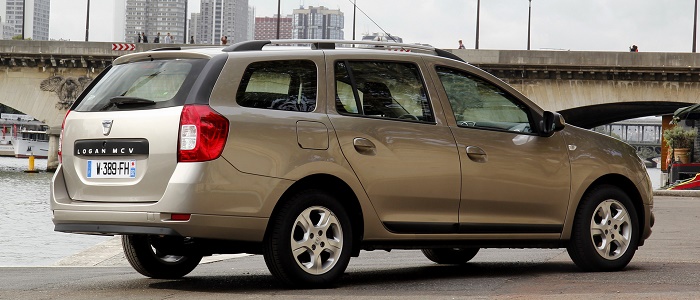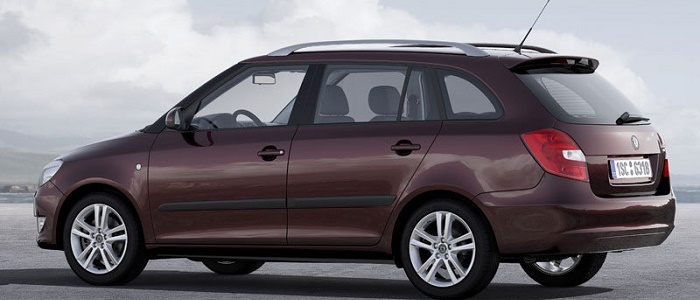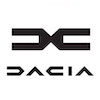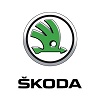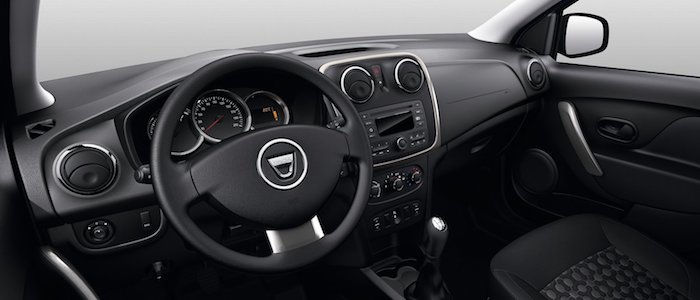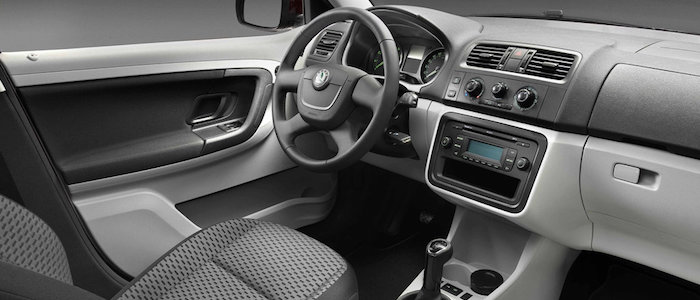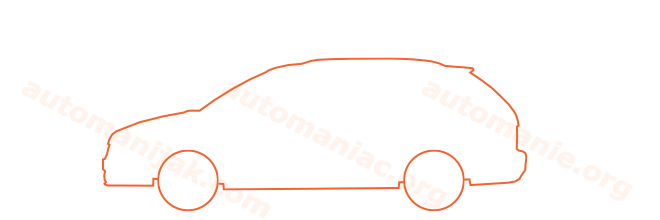Compare two cars
Compare any two cars and get our Virtual Adviser™ opinion
Dimensons & Outlines
Check vehicle history
Engine
Performance (manual gearbox)
Performance (automatic gearbox)
Expenses
Virtual Adviser's™ opinion
We are here considering two somewhat similar cars, but we can't deny some of the obvious differences. For a start, they are not even classified under the same segment, with the Dacia being a small family car and the Škoda representing city car vehicle class. The first one has a Renault-engineered powertrain under the hood, a 4-cylinder, 16-valves 75hp unit, while the other one gets its power and torque from a 4-cylinder, 8-valves 86hp engine designed by Volkswagen.
SafetyBoth vehicles got tested by European New Car Assessment Programme (Euro NCAP), with the Škoda being a slightly better choice apparently. Still, apart from the official crash test results there are other things we need to be aware of. The first vehicle is a small family car and that gives it a marginal advantage over the city car competitor, at least that's what statistics show. On the other hand, if we'd like to consider vehicle mass in this context too, which we definitely should, the Czech car offers a marginal difference of 2% more metal.
ReliabilityManufacturers have been building their reliability reputation for decades now and, generally speaking, it appears that Škoda does have a slight advantage, when all the models are taken into account. That's the official data, while our visitors describe reliability of Dacia with an average rating of 4.1, and models under the Škoda badge with 4.4 out of 5. Independent research findings rank Logan as average reliability-wise, and Fabia is more or less at the same level.We should definitely mention that owners of cars with the same powertrain as the Romanian car rank it on average as 4.4, while the one under the competitor's bonnet gets 3.9 out of 5.
Performance & Fuel economyŠkoda is undoubtly more agile, reaching 100km/h in 2.8 seconds less than its competitor. In addition to that it accelerates all the way to 177 kilometers per hour, 21km/h more than the other car. When it comes to fuel economy things look pretty much the same for both cars, averaging around 5.5 liters of fuel per 100 kilometers (51 mpg), in combined cycle.
Verdict
Škoda appears just a bit more reliable, although the difference is truly marginal. The most important thing when deciding between any two vehicles should always be safety, both passive and active. In my opinion, everything taken into account, the Czech car offers significantly better overall protection, taking the lead here. It all continues in the same direction, with Škoda outracing its opponent in any situation possible, making it better choice for boy racers. To make things even better, it consumps less fuel! All together, there's not much more to say, in this case I wouldn't even consider anything but Škoda. Nevertheless, let's not forget that people have different preferences and needs, so what really counts is your personal feel. I'm only here to help. In case you have two minutes to spare I invite you to define your needs, desires and budget and see which car would be chosen by the virtual adviser™, among thousands of similar, yet so different vehicles.
Related articles
A year ago I payed Mercedes dealership a visit, not in order to buy one, but rather to personally check an information coming from the Sci-Fi domain. Apparently, under the hood of A and B class, in their 160 & 180 CDI versions, there's a Renault 1.5 dCi...























